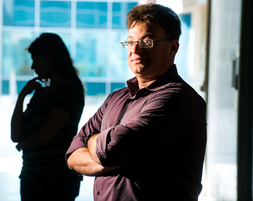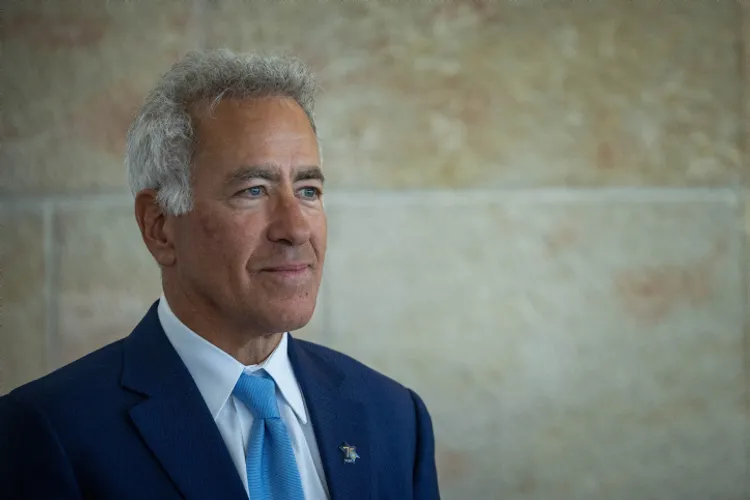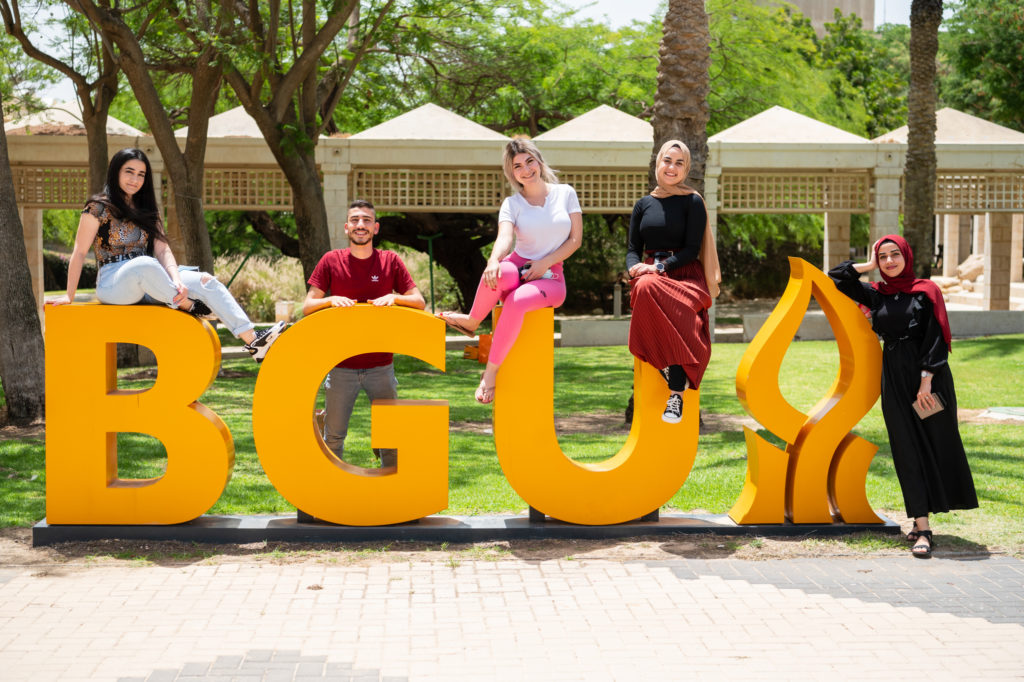
Insights Into a “New Normal”
Insights Into a “New Normal”
April 22, 2020
No Camels — The Israeli government approved a series of new directives meant to roll back restrictions put in place in mid-March to contain the spread of COVID-19.
Additional rollbacks may be implemented in the coming weeks depending on the success of the pilot plan, but officials in Israel and the world have urged that we should all prepare for a changed reality and, possibly, a resurgence of the pathogen.
BGU researchers Prof. Golan Shahar and Dr. Daphna Yeshua-Katz weigh in on how the daily reality of life during this pandemic could stick with us for years to come.
The stresses of the pandemic
This period “where we shut down the world – and the possibility of it happening again – will be carved into our memories and our consciousness,” says Prof. Golan Shahar of BGU’s Department of Psychology, head of The Stress, Self & Health (STREALTH) Lab, and a clinical health psychologist who is part of the University’s COVID-19 Response Effort.
“The world has changed and on a behavioral level we are all changed as well,” he says.
“We are all spending more time at home, working from home, parenting from home, so family dynamics are changing,” says Prof. Shahar.
Prof. Shahar says that as a nation, Israelis have shown resilience, but he doubts we will all go back to what was “normal” before the pandemic. “We’ll have a different normal where we will practice social distancing, wear masks, and live in a state of trepidation, at least until a vaccine is found,” he says.
At the same time, people are also absolutely experiencing more stress, especially financially because of job loss or job uncertainty, and since economic stress is a predictor of mental health, explains Prof. Shahar, this is an area that needs to be closely watched.
“Unlike the coronavirus, the financial aspects [of the pandemic] affect everybody, so addressing economic stress and anxiety is paramount and it is the leading factor nations will have to think about,” he says.
Turning to technology
One clear lesson resulting from this pandemic, at least in Israel, is that “resistance to tech is disappearing,” says Dr. Daphna Yeshua-Katz of BGU’s Department of Communications Studies.
“There have been many researchers who’ve been warning us about the ‘evils’ of technology, but this crisis has proven that tech can bring us together. People are finding real, instrumental support online,” she says.
“We are more digitally connected than ever, and I think this will be the case even if we have a vaccine,” she says.
Naturally, there’s been a learning curve with certain groups such as the elderly population who may be more averse to using tech tools, she explains, but this crisis has forced some to rise up to the challenge to stay connected. Dr. Yeshua-Katz runs digital support groups for participants aged 65 and over as part of a BGU research project.
Meanwhile, technology has also facilitated a major transformation in education as millions of students and teachers have had to adapt to online learning, with varying levels of success.
Universities have largely embraced distance learning during this period “and some elements may stay after this is over but nothing is better than class interaction,” Dr. Yeshua-Katz acknowledges.





